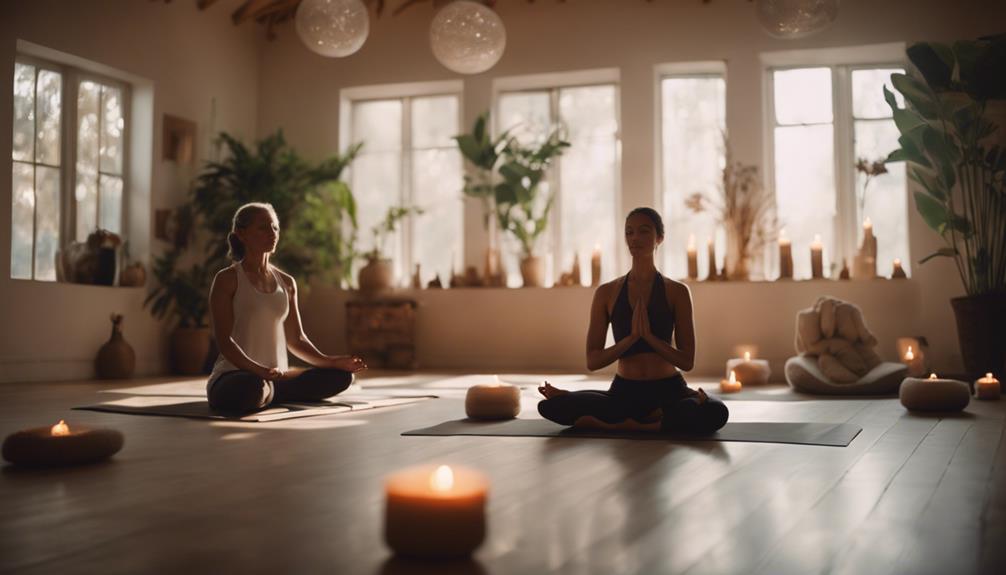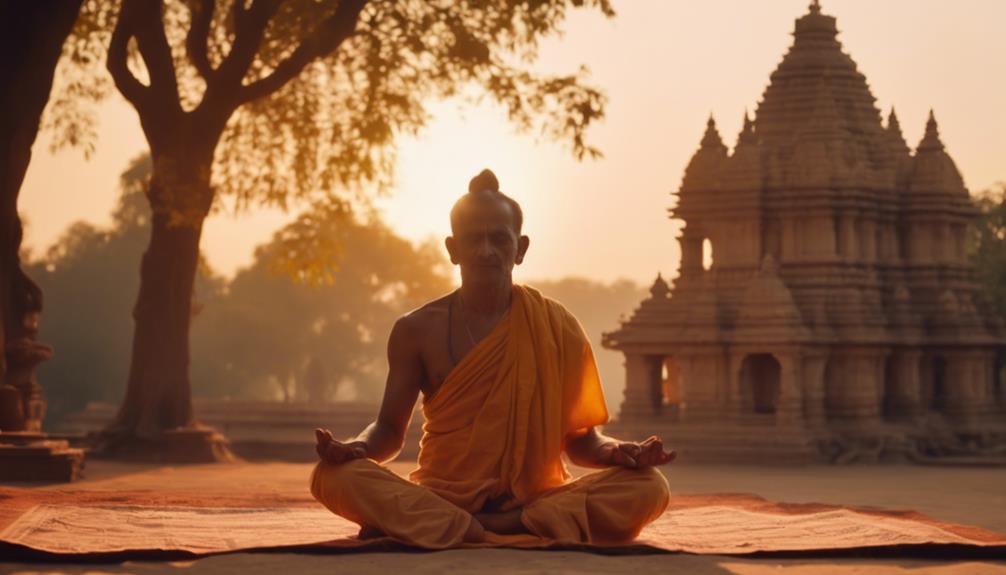
Yoga has long been a source of fascination and debate, often conjuring mystical images of serene practitioners entwined in complicated poses. Yet, amid its many benefits, there exists a curious perspective that labels yoga as "evil." This article aims to unravel these myths surrounding yoga, exploring why some perceive it negatively and ultimately revealing the joyful truth about this ancient practice. Let’s dive in!
Unraveling the Myths: Is Yoga Really Evil? Let’s Explore!
The idea of yoga being "evil" often stems from misunderstandings about its origins and practices. Many people associate yoga with Hinduism or Buddhism, leading to the belief that it promotes polytheism or is inherently religious. This misconception can prompt alarm among those who fear that practicing yoga might clash with their own beliefs. However, it’s essential to recognize that yoga itself is a physical and mental discipline that can be practiced by anyone, regardless of their spiritual or religious affiliations. how is pilates different from yogahow many calories burned during bikram yogahow do you start yoga at home
Additionally, there are fears that yoga may lead practitioners down a path of spiritual manipulation or even cult-like experiences. These concerns can be exacerbated by sensational stories or anecdotes found online. However, the vast majority of yoga practitioners approach their practice with an intention of personal growth, mindfulness, and physical well-being. Yoga can be a tool for self-discovery and empowerment rather than a vessel for negative influences.
Lastly, some claim that yoga promotes a culture of "instant enlightenment," where individuals may feel pressured to achieve spiritual heights too quickly. This notion can lead to a fear that one might become lost or disillusioned in their practice. But the beauty of yoga lies in its inclusivity and adaptability—each individual can tailor their practice to fit their own needs, desires, and pace. In this light, yoga can be a safe and nurturing space, rather than an "evil" pursuit.
From Foes to Friends: The Joyful Truth About Yoga!
As we peel back the layers of misunderstanding, we glimpse the vibrant community and transformative power yoga offers. For many, yoga is a delightful blend of physical exercise and mental relaxation that encourages a deeper connection with oneself. Practitioners often report reduced stress, increased flexibility, and improved mental clarity. This practical aspect of yoga can turn perceived foes into allies, as the benefits resonate well beyond the mat.
Moreover, yoga fosters a sense of community and belonging. Many studios and classes cultivate an environment of support and encouragement, where practitioners celebrate each other’s progress and journeys. The relationships formed through shared experiences can blossom into lifelong friendships, showcasing that yoga is not a solitary endeavor but a collective celebration of health and well-being. When we step onto the mat, we often find ourselves surrounded by others who are just as eager to grow and learn.
Finally, as we embrace yoga with an open heart, we discover its potential to bridge gaps between cultures and beliefs. Yoga encourages compassion, mindfulness, and acceptance, which can lead us toward greater empathy for ourselves and others. By transforming our views and understanding of yoga, we can celebrate its joyful essence, recognizing it as a powerful practice that unites rather than divides. From foes to friends, yoga invites us to cultivate harmony within ourselves and the world around us.
In the end, while the notion of yoga being "evil" may arise from misunderstandings and misconceptions, the true essence of yoga is far more joyous and uplifting. By embracing its benefits and the community it fosters, we can learn to appreciate yoga as a practice that promotes health, harmony, and connection. So, let’s roll out our mats, breathe deeply, and celebrate the wondrous journey of yoga—where every pose is a step toward self-discovery, acceptance, and joy!





